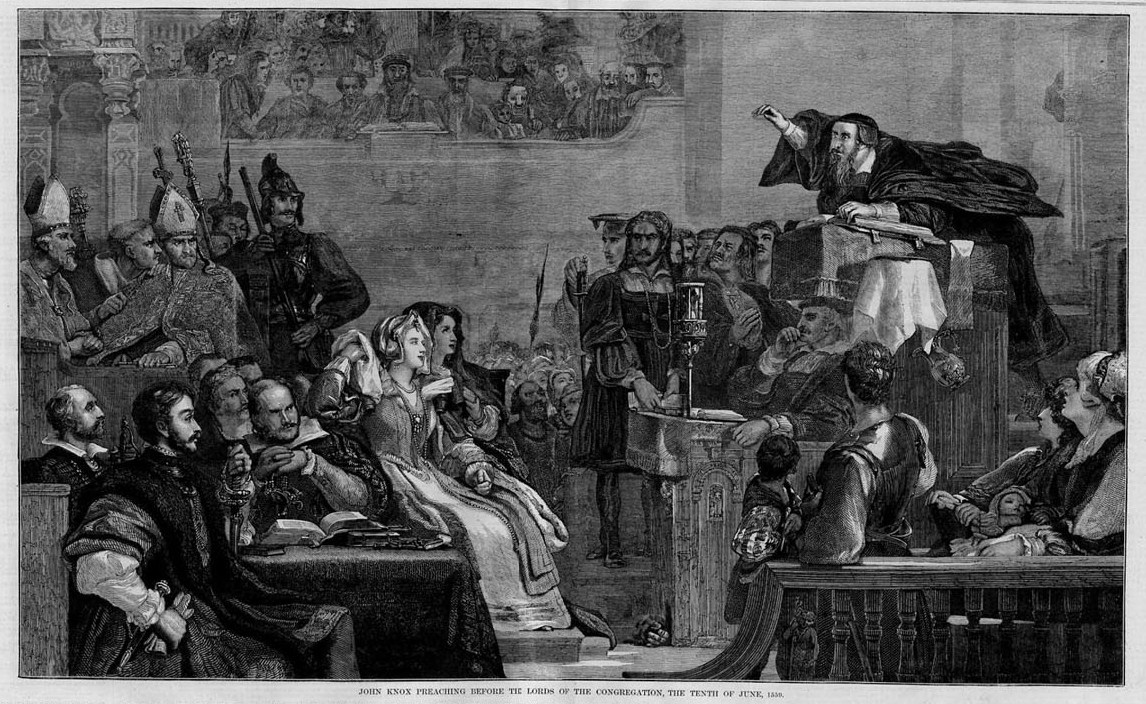In this and the following paragraph, I want to discuss the events which will happen at the Second Coming of the Lord Jesus Christ from an Amillennial perspective. But first, let us get to know the various millennial views.
The Millennial Views
I admit that I consider myself in no way an eschatology expert, nor have I read various Books from various views. I became a convinced Amillennial when I read Sam Storm’s Kingdom Come, up to that point I was unconsciously a Dispensationalist. That which follows I believe to be an accurate and general description of the various millennial positions to the best of my knowledge. There will obviously be some nuances with certain people, obviously. My purpose is not to give a detailed description, but a general description.
Historic Premillennialism
The word “pre” means before and the Latin word millennium means a thousand years, therefore, Premillennialism means before the thousand years. But, what is before the Millennium? The answer to that question is the Second Coming of our Lord Jesus. Premillennialism teaches that the Lord Jesus will bodily come back to earth before the Millennial Kingdom.
Premillennialism teaches that there will be a one thousand year reign of Christ on the earth where He will reign with His saints according to Revelation 20. The Millennium is a time of peace and a time when many Old Testament passages about the restoration of Israel and peace will be fulfilled. The Millennium is not a time when sin or death will not exist, rather, their effects will noticeably be decreased as Satan will be bound for a thousand years.
Premillenniarians agree with Covenant Theology or New Covenant Theology that the Church is basically the Israel of God. God does not have two peoples, Israel and the Church, but only one people made up of both believing Jews and believing Gentiles, who are known as the Israel of God and the Church (in contrast to Dispensationalism). They believe that there will be a restoration of the Jews prior to the Millennium and Coming of the Lord Christ.
They believe that the believers, the Church, will go through the Great Tribulation which an indefinite time of persecution prior to the Rapture and Coming of the Lord. At the Rapture, Christ will come with all saints from heaven with resurrection and glorified bodies, and He will transform all living believers on earth so that they would have glorified and resurrection bodies. This is the first resurrection of Revelation 20:4-6. After this, Antichrist will be destroyed by the true Christ and Satan will be bound for a thousand years (Rev. 20:1-2). Then Christ will usher His reign upon the earth for a thousand years of peace and prosperity. But remember, sin and death are not eliminated, but significantly reduced in effect and power.
The Millennium will be populated by saints who came with Christ from heaven (both from the Old Testament and up to the coming of Christ), the saints who were transformed at the coming of Christ, unbelievers and those who have turned to Christ after His coming. There is a discussion among Premillenniarians as to the time of resurrection for those who came to faith after the first resurrection, I have heard that some say that th...










